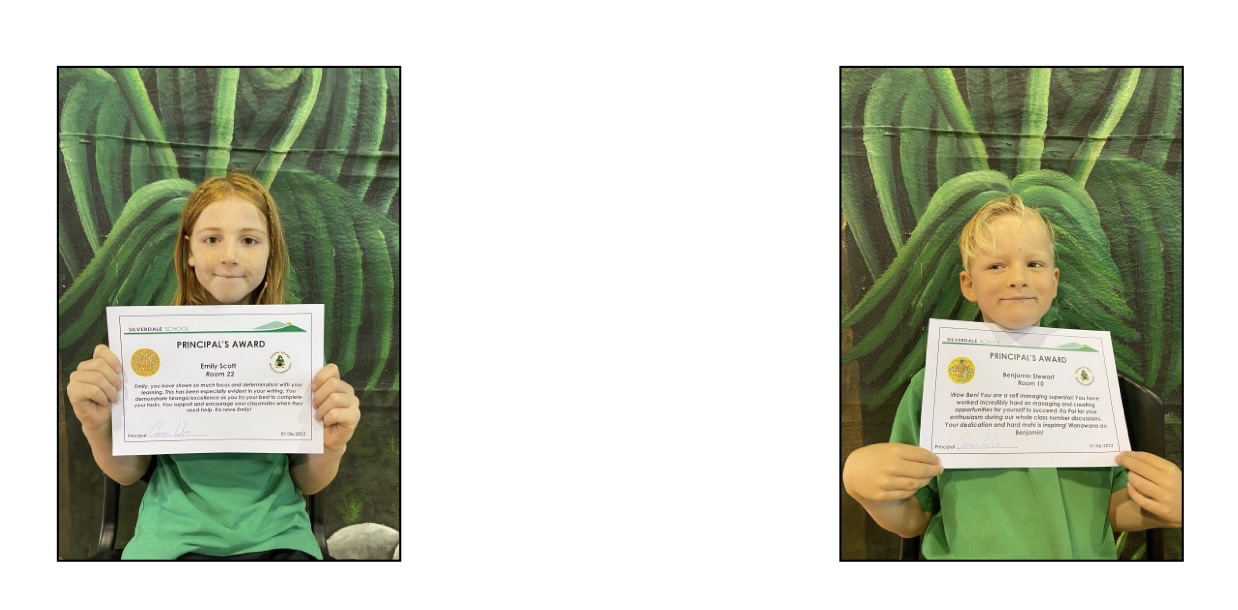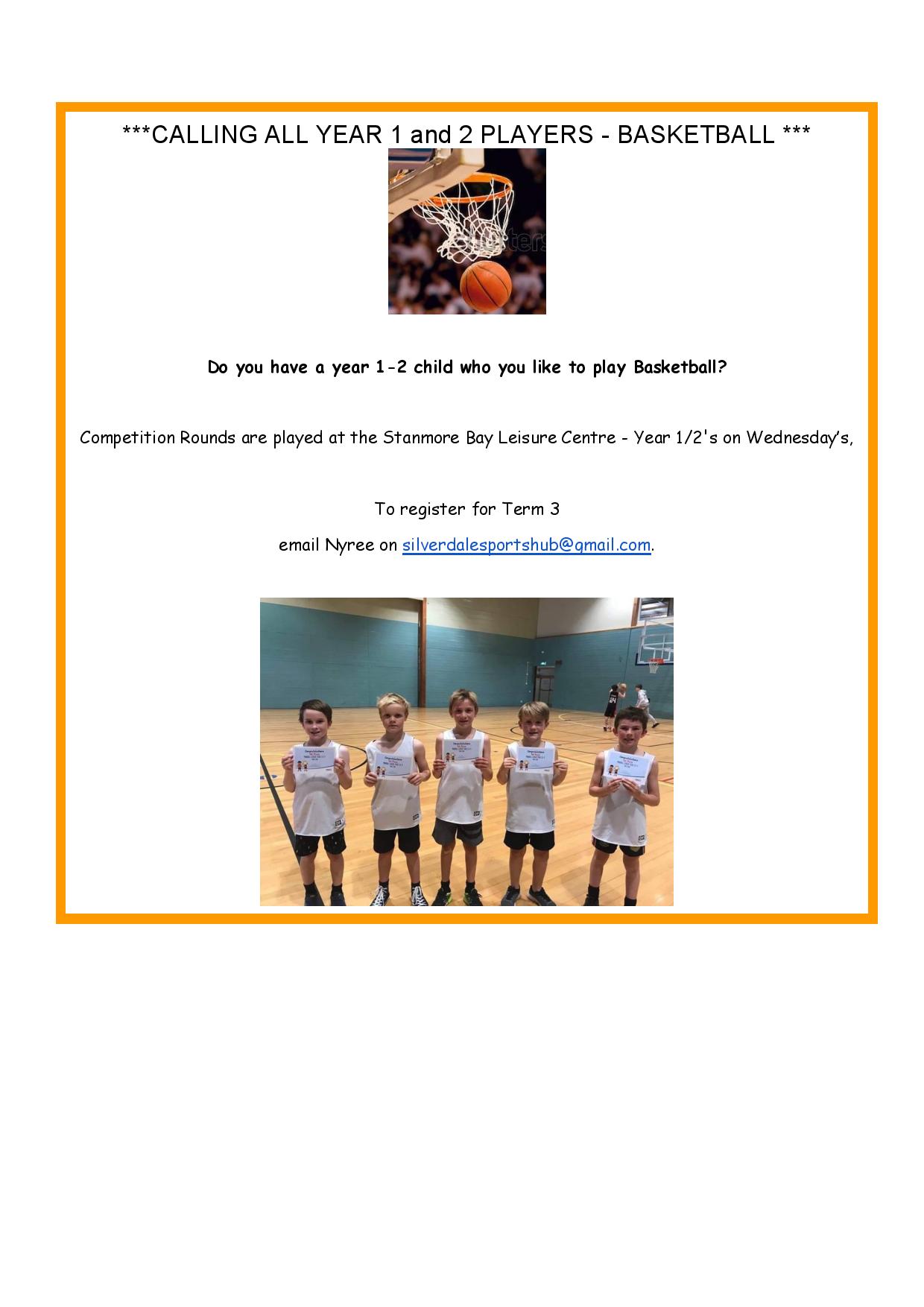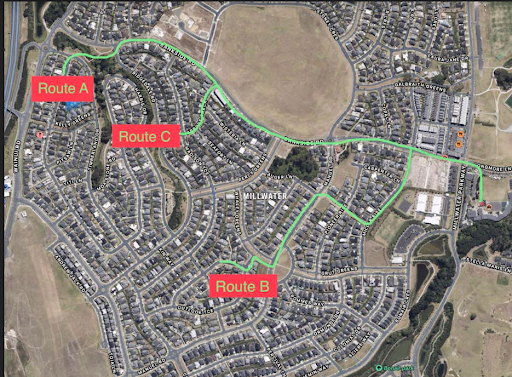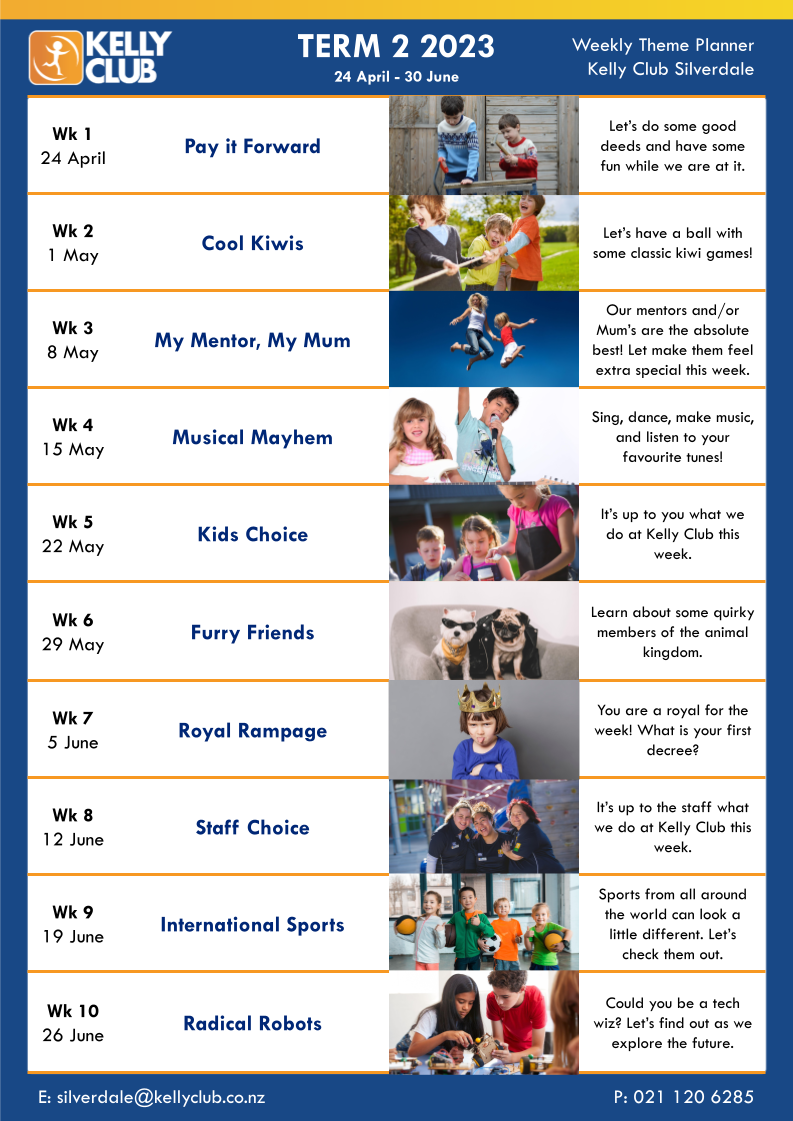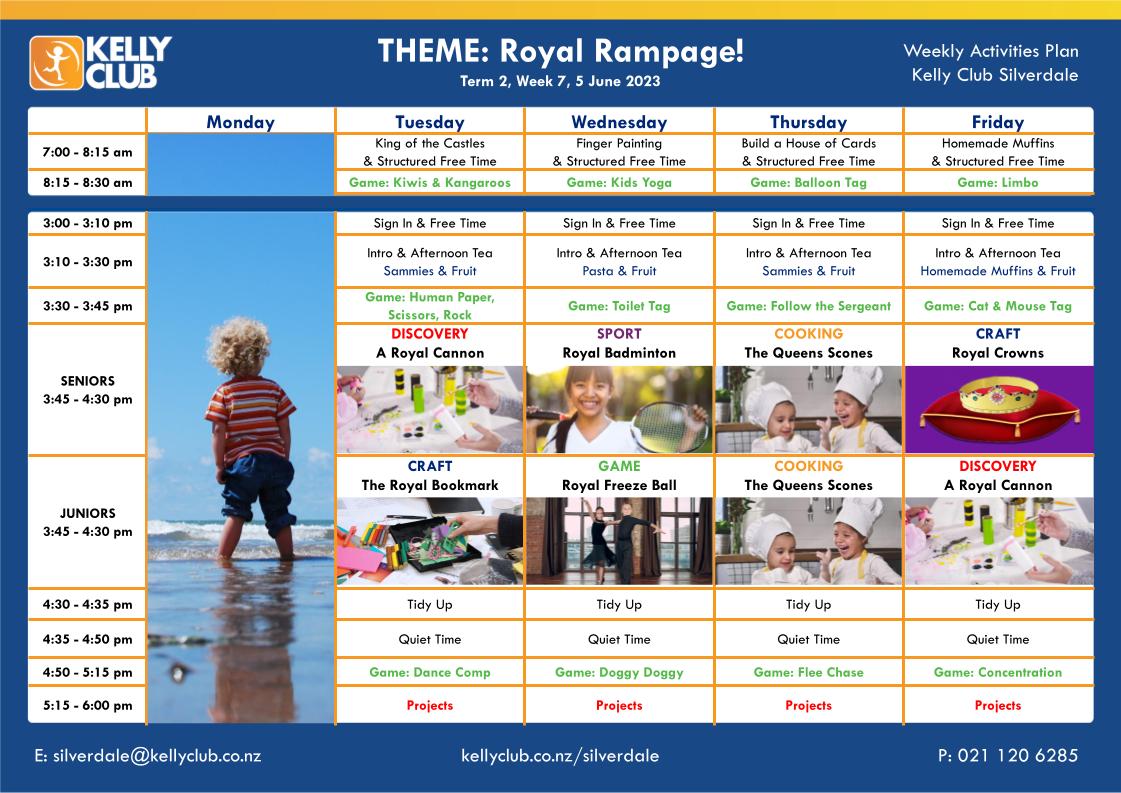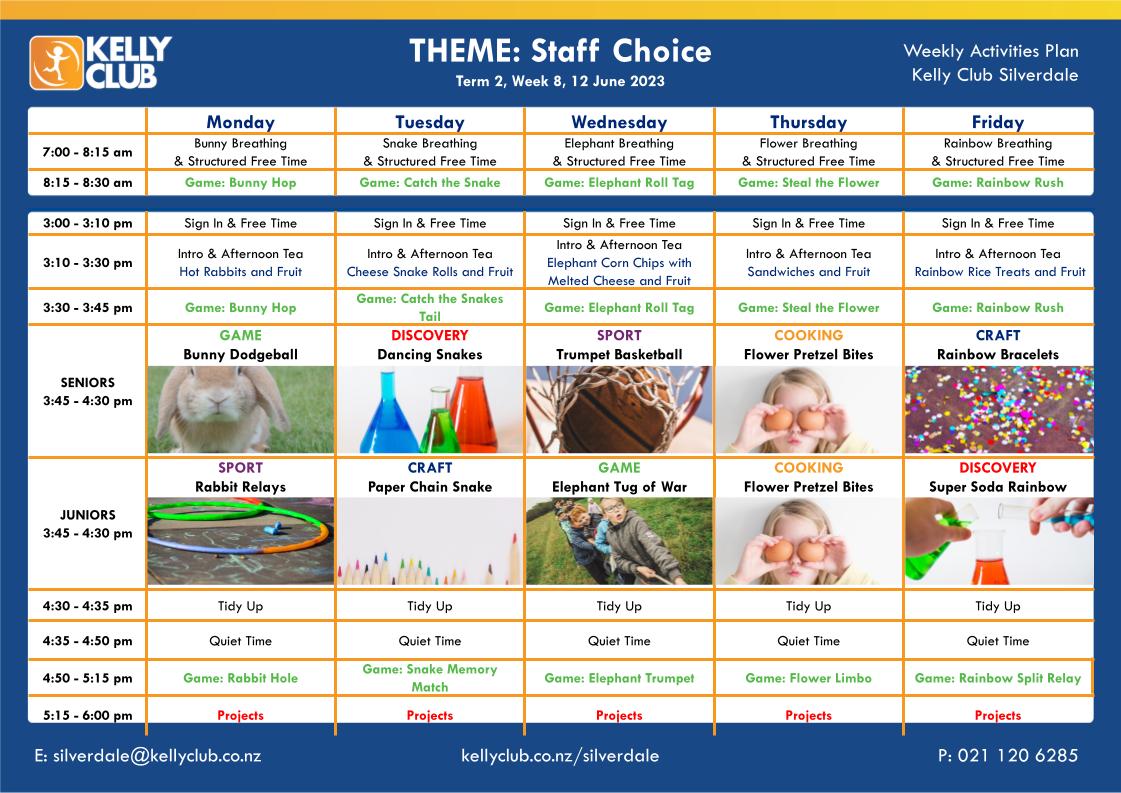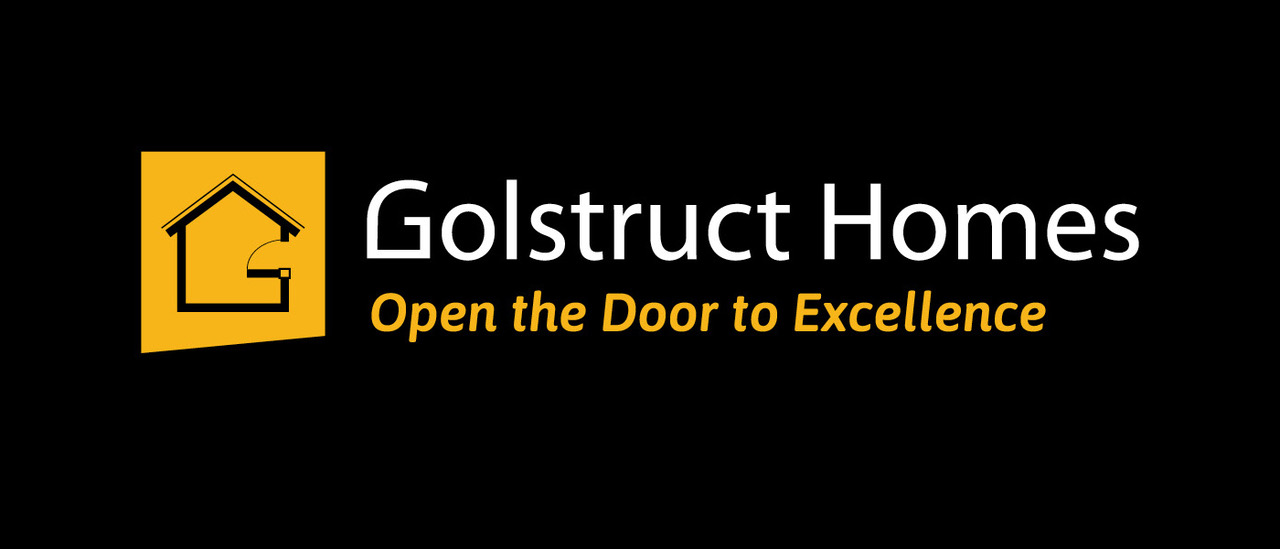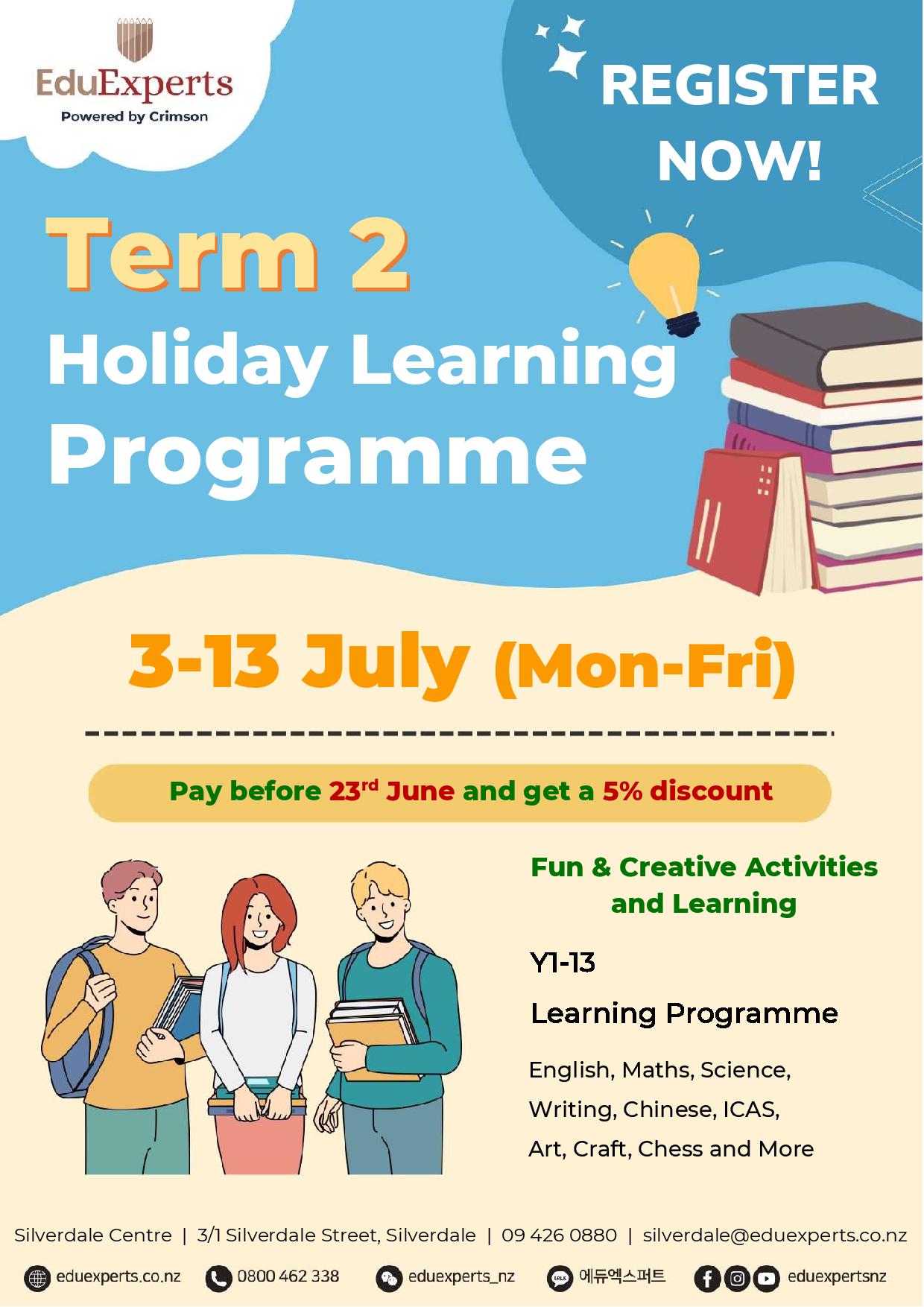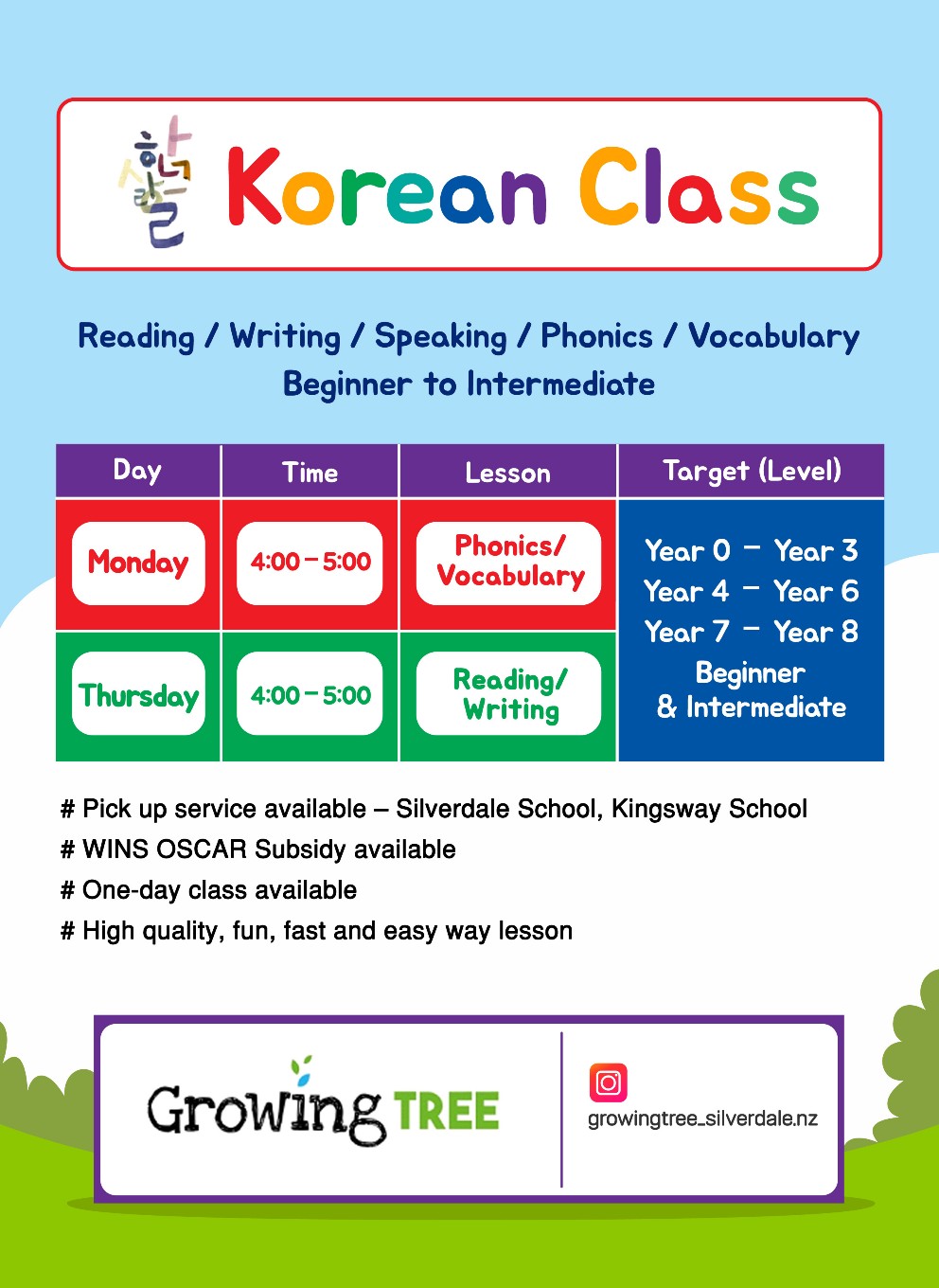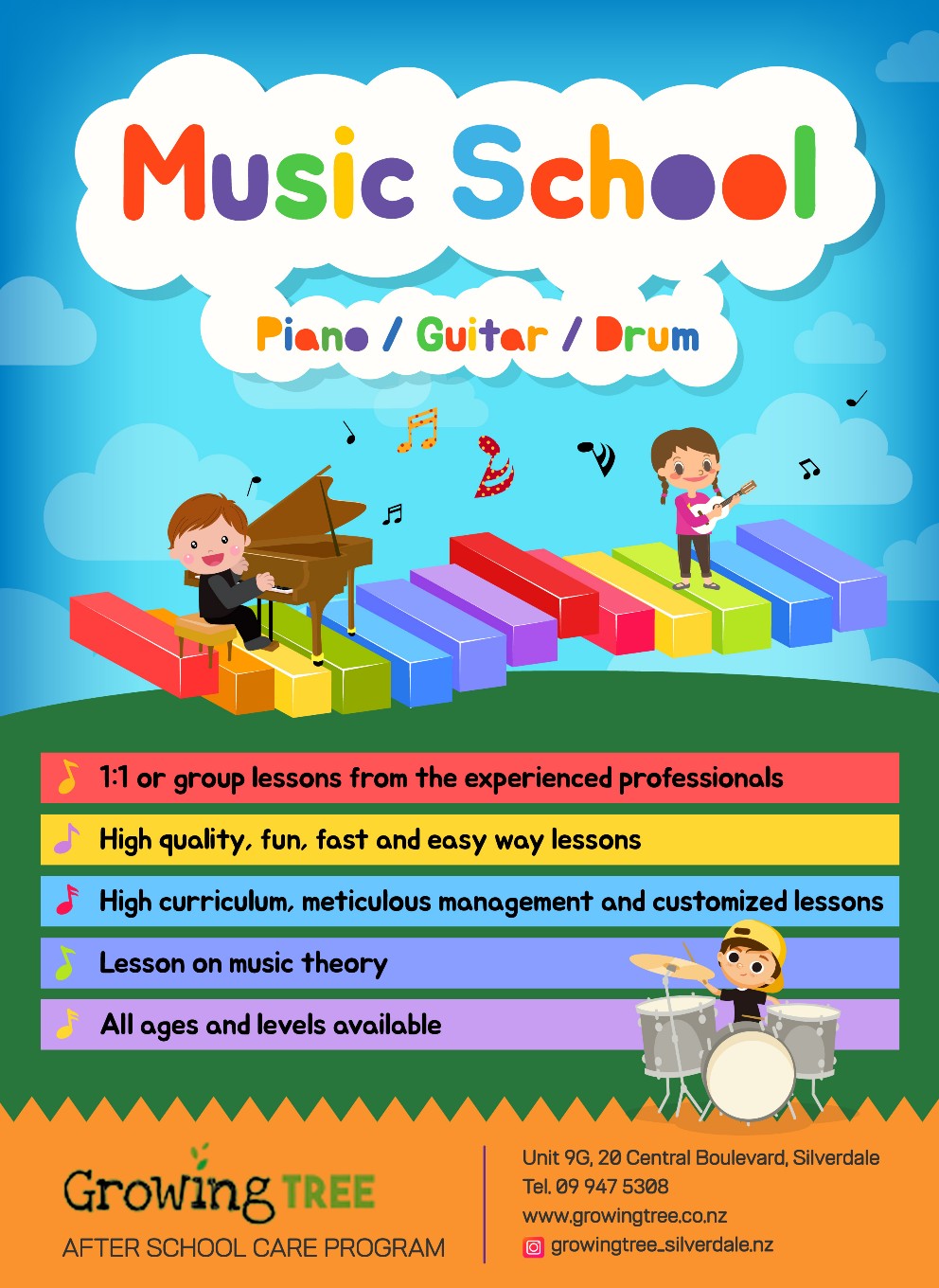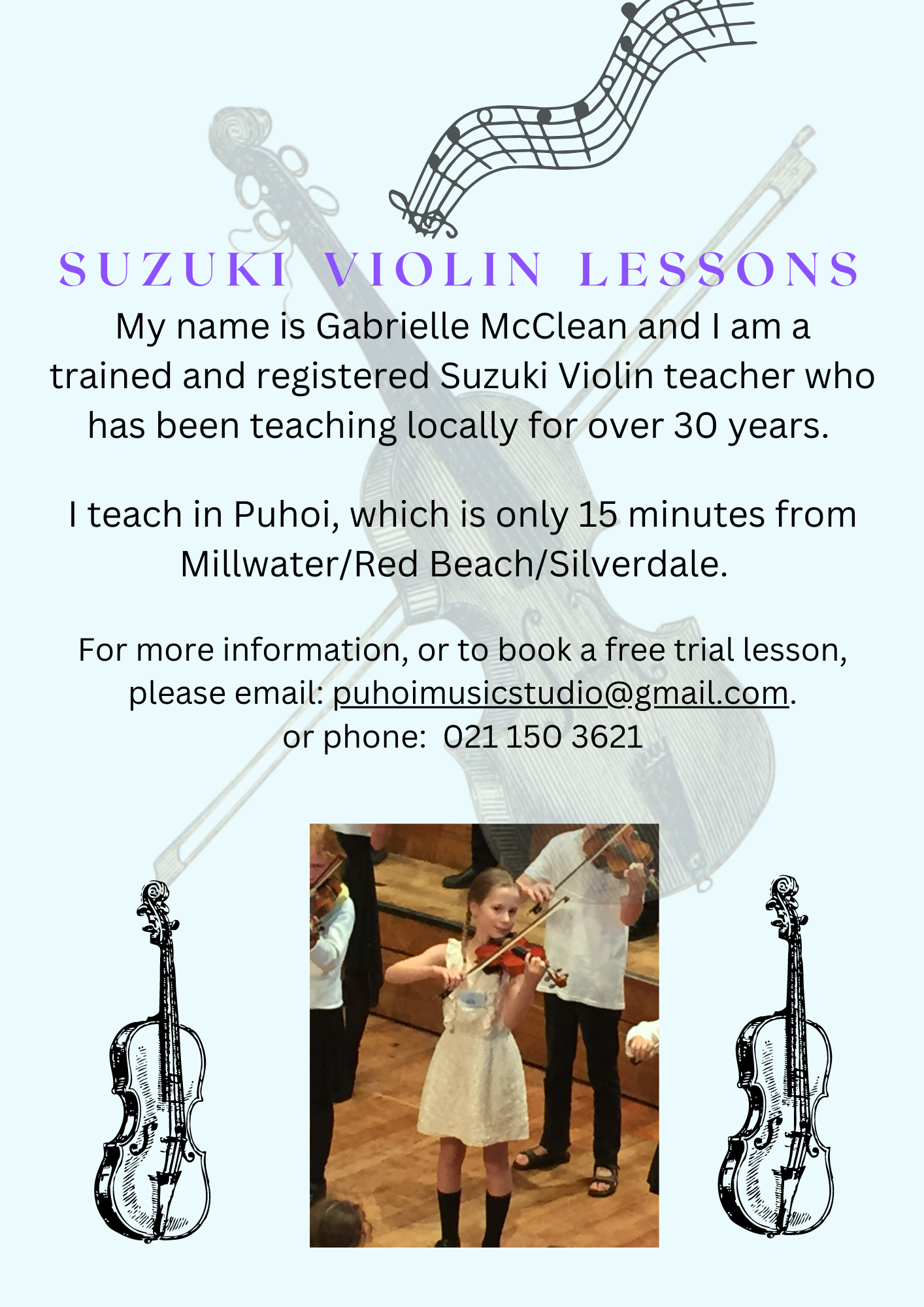Welcome
Welcome to Harper Hendry, Amanda Zhao, Daniel Zhao and Adriel Palabasan. Our current roll is 794.
Happy Birthday
Happy birthday to Jordan Rossiter, Nicholas Basson, Hannah Shaw, Lucas Peak, Elithaf Melladi, Jaxon Sung, Oliver Mackintosh, Josh Johansen, Emily Wang, Steven Luo, Maggie Huang, Isla Bigwood and Julie Huang.
Change of Clothes
With the wet weather we have been noticing children coming to the office with wet and/or muddy uniform, can we please ask that you send a change of clothes with your child to school each day, thanks.
Restorative Practices at Silverdale School
Me ata tirohia ki te kate
The problem is the problem, the person is not the problem
At Silverdale School we are using restorative practices/approaches as alternatives to more punitive disciplinary systems and procedures where often there have been little or no links between wrongdoers and those they have harmed, nor any real connections between the punishment and the actual offence.
The essence of restorative practices is simple: that all people are happier, more productive and more likely to make positive changes in their behaviour when those in positions of authority do things with them, rather than to them or for them. Building, enhancing and restoring relationships across any workplace, community group, school or culture, is absolutely essential for a strongly connected, empathetic, functioning society.
We feel that our previous measures we used, often fail to meet the relational needs of teaching and learning in the 21st century. We are finding restorative practices/approaches are more effective in establishing long term lasting changes in relationships, more connecting of the members of a school community and more involving and hearing of victims.
Punitive versus Restorative Responses
|
Punitive Responses – focus on punishment.
|
Restorative Responses – focus on accountability, healing and needs.
|
|
What rule has been broken?
|
What happened?
|
|
Who is to blame?
|
Who has been affected? How?
|
|
What is the punishment going to be?
|
What needs to be done to put things right?
|
| |
What do we need to do to move forward?
|
Restorative practices/approaches is based on the idea that the best way to help someone who has done wrong is to give them the opportunity to put things right.
As a staff we are using restorative conversations when dealing with challenging behavior you can also apply this at home.
Tell the Story
- Tell me what happened?
- What has led to us needing this conversation?
- What were you thinking when you did that?
- What have you thought about since?
- How does that fit with our values here?
Explore the Harm
- Who do you think has been affected? Who else?
- In what ways?
- What do you think it must have been like for them?
- What that a fair or unfair thing to do? The right or the wrong thing to do?
Repair the Harm
- What needs to happen to put things right?
- What do you think_________ needs to hear/see from you now?
- Is there anything else that you can think of that might help?
- What will sorry look like in action from here?
Reach an Agreement
- What do you need to stop doing, stay doing, start doing?
- If this happens again – what could/would you do differently?
- From now on how will you show the school/home values?
- What do you need from me/us to support you?
Plan Follow Up
- When shall we check in with you to see how you’re going?
- What will happen if our agreed outcomes haven’t been reached?
Unrestrained Children in Cars
Please make sure that when you pick your children up from school that they are restrained in the car before you drive off.
KERI Awards
Well done to the following children who received Caught by KERI awards at this week’s assembly.
| |
Team Te Õhanga
|
Team Kiwi
|
Team Pūkeko
|
Team Tūī
|
|
Kindness
|
Unnati
|
Olivia
|
Skye
|
Sienna
|
|
Excellence
|
Rheed
|
Sophia
|
Lyla
|
Beckett
|
|
Respect
|
Ella
|
Maggie
|
Talia
|
Alyssa
|
|
Integrity
|
Millen
|
Olivia
|
Nathan
|
Aria
|





